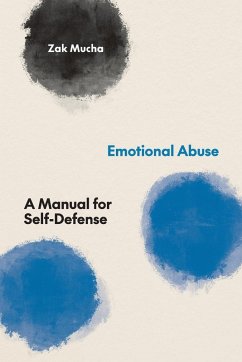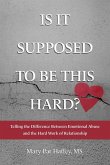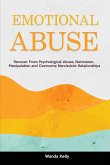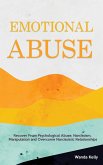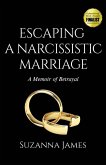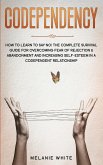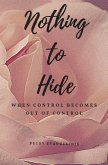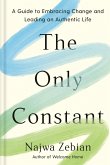"This book is both terrifying and hopeful..." --Rick Kogan, Chicago Tribune, WGN-AM We have been incorrectly socialized to believe emotional abuse is not as damaging as physical or sexual abuse. We have been taught emotional abuse itself is nothing more than "hurt feelings" and there is no "real" evidence other than the victim's complaints. The victim of emotional abuse is dismissed precisely because he or she cannot "prove" their feelings. Emotional abuse creates a vicious dynamic where the victim is taught his or her feelings do not count and any pain suffered is, somehow, their own fault. This damage can radiate throughout every aspect of a life. Like any other abuse, emotional abuse is about power. Whoever can define reality has the ultimate power. In emotional abuse, the aggressor attempts to define reality with statements like, "You're too sensitive," and "I couldn't help it. You made me mad." Each statement is an attempt to shape how another person perceives reality. Our self-defense depends on our willingness to identify the boundaries that define who we are and the criteria we desire for relationship. In doing this, we can defend ourselves and define our selves.
Bitte wählen Sie Ihr Anliegen aus.
Rechnungen
Retourenschein anfordern
Bestellstatus
Storno

